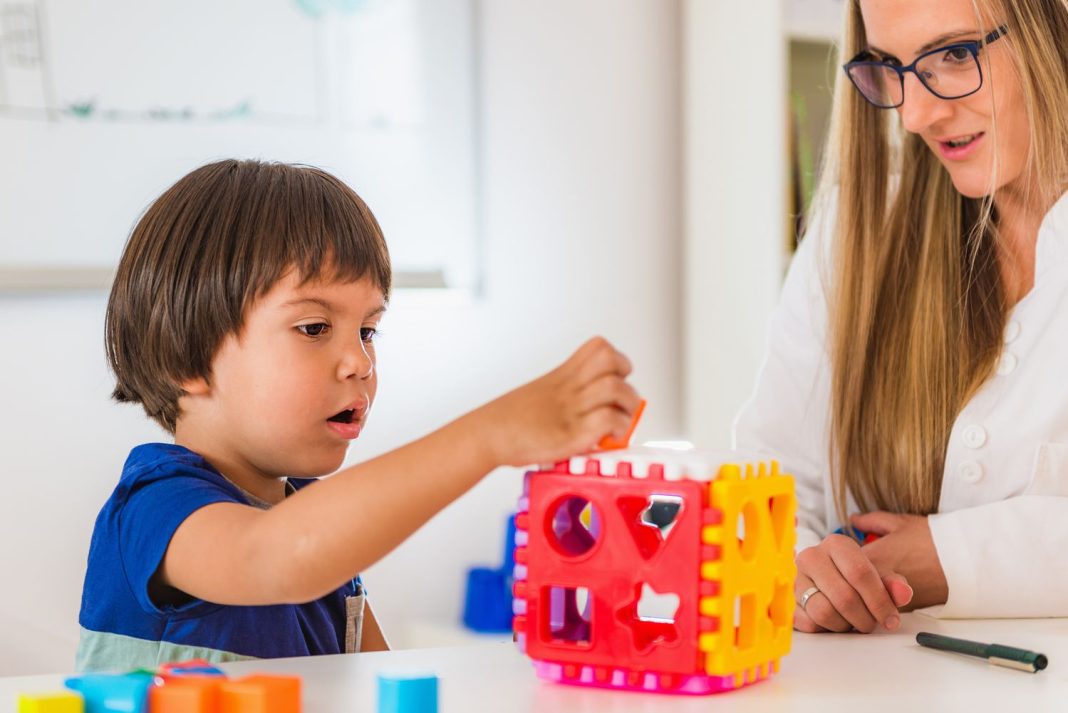Childhood is a critical period for emotional and psychological development. During this time, children may encounter various challenges that can impact their mental health and overall well-being. Child therapy offers a safe and supportive environment for young minds to navigate these challenges. This article explores the importance of child therapy and how it can empower children to lead healthier, happier lives.
Understanding Child Therapy
Child therapy, also known as pediatric counseling, involves a range of therapeutic techniques designed to help children understand and manage their emotions, behaviors, and thoughts. Licensed therapists work with children to address various issues, from anxiety and depression to behavioral problems and trauma.
Why Child Therapy is Essential
The importance of child therapy cannot be overstated. Early intervention can significantly improve a child’s emotional and psychological development, leading to better outcomes in adulthood.
Early Identification of Issues
Child therapy allows for the early identification of emotional and behavioral issues. By addressing these problems early, therapists can help prevent them from becoming more severe and affecting the child’s future.
Building Emotional Resilience
Therapy helps children develop emotional resilience, enabling them to cope with life’s challenges more effectively. This resilience is crucial for their overall mental health and can reduce the risk of developing chronic mental health issues.
Improving Communication Skills
Therapists teach children essential communication skills, such as expressing their feelings and thoughts in a healthy manner. Improved communication helps children build stronger relationships with family and peers.
Common Issues Addressed in Child Therapy
Child therapy can address a wide range of issues, providing targeted support to help children overcome their challenges.
Anxiety and Depression
Children, like adults, can suffer from anxiety and depression. Therapy provides a safe space for children to explore their feelings and develop coping strategies to manage these conditions.
Behavioral Problems
Issues such as aggression, defiance, and hyperactivity can be effectively managed through therapy. Therapists work with children to understand the root causes of their behavior and develop positive behavior management techniques.
Trauma and Grief
Experiencing trauma or the loss of a loved one can have a profound impact on a child’s mental health. Therapy helps children process these experiences, reducing their emotional burden and promoting healing.
Learning and Attention Disorders
Children with learning disabilities or attention disorders, such as ADHD, can benefit from therapy. Therapists provide strategies to manage these conditions, improving the child’s academic and social functioning.
Benefits of Child Therapy
The benefits of child therapy extend beyond the immediate resolution of issues, contributing to the child’s long-term well-being and development.
Enhanced Self-Esteem
Therapy helps children build self-esteem by teaching them to recognize their strengths and achievements. A healthy sense of self-worth is essential for their overall mental health and success in life.
Better Family Dynamics
Child therapy often involves family counseling, which can improve family dynamics. By addressing communication and relationship issues within the family, therapy fosters a supportive and nurturing environment for the child.
Long-Term Mental Health
Early therapeutic intervention can set the foundation for long-term mental health. Children who receive therapy are better equipped to handle stress and challenges in adulthood, reducing the likelihood of developing chronic mental health conditions.
Finding the Right Child Therapist
Choosing the right therapist is crucial for the success of child therapy. Here are some tips to help you find the best fit for your child.
Qualifications and Experience
Look for a licensed therapist with specialized training and experience in child therapy. They should be knowledgeable about the specific issues your child is facing and have a track record of helping children overcome similar challenges.
Approach and Techniques
Different therapists use different approaches and techniques. Research various therapeutic methods and choose a therapist whose approach aligns with your child’s needs. Common approaches include cognitive-behavioral therapy (CBT), play therapy, and art therapy.
Comfort and Trust
It’s essential for your child to feel comfortable and trust their therapist. Arrange initial consultations to gauge the therapist’s rapport with your child and ensure they feel safe and understood.
Conclusion
Child therapy is a vital tool for empowering young minds and fostering emotional and psychological well-being. By addressing issues early, building resilience, and improving communication skills, therapy can significantly enhance a child’s quality of life. If your child is struggling with emotional or behavioral challenges, consider seeking the support of a qualified child therapist. Investing in child therapy today can pave the way for a healthier, happier future for your child.










